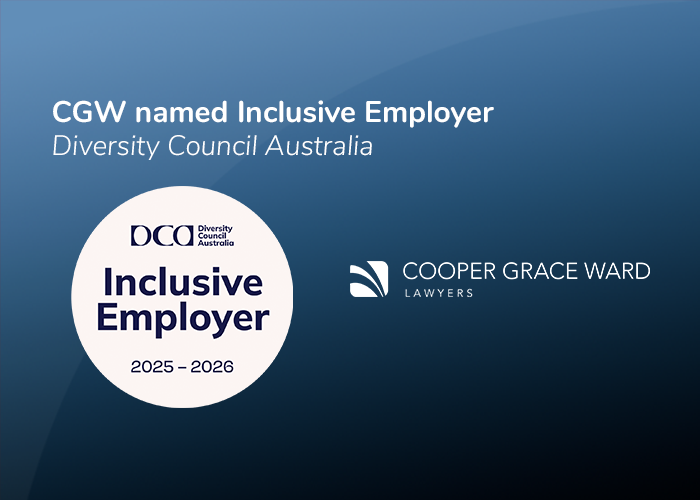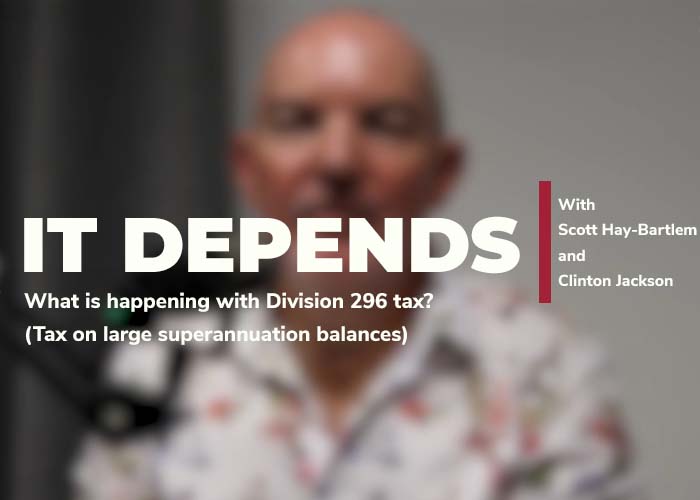A new system of GST withholding will start from 1 July 2018.
Although a purchaser will be responsible for withholding the GST, the legislation will make the developer do the hard work to identify whether GST has to be withheld, and if so, how much.
Treasury identified $1.8 billion in missing GST over five years because of phoenix activity. The new rules and penalties reflect a hardline response to this issue that will be detrimental to compliant developers.
GST withholding – how it will work in practice
GST withholding will apply to any taxable supply of ‘new residential premises’ or ‘potential residential land’. There are some exceptions: supplies of ‘substantial renovations’ and ‘commercial residential premises’ are excluded. There is also an exception where the purchaser is registered for GST and acquires the supply for a ‘creditable purpose’.
Giving a notice to the purchaser
A developer will have to identify whether a supply is subject to GST withholding. This is because, under the legislation, the supplier must give a notice to the purchaser if it is making a supply of ‘residential premises’ or ‘potential residential land’.
The requirement to give a notice extends to all ‘residential premises’ – not just ‘new residential premises’ – subject to GST withholding. The effect is that a developer will need to consider the GST treatment well before settlement to comply with the notice requirement.
The notice will need to set out, among other things:
- the developer’s name and ABN;
- the amount that the purchaser has to withhold; and
- when the purchaser has to pay the withheld amount.
Amount to be withheld
The amount to be withheld will generally be either:
- 10% of the contract price (i.e. not affected by settlement adjustments); or
- if the parties have agreed the margin scheme applies, 7% of the contract price.
If a supply includes ‘new residential premises’ and other components (e.g. used dwellings, non residential vacant land or commercial premises), the developer will need to apportion the contract price to avoid the purchaser withholding too much.
There are likely to be problems with instalment contracts – where the obligation to pay the withheld amount to the ATO will arise when the first instalment payment is made. The GST legislation treats security deposits separately to instalment contracts.
Credits
A developer will include its GST liability in its BAS, and then receive a credit for the GST that has been withheld.
The credit is only available where the purchaser has actually paid the amount to the ATO. Developers will need to consider how to protect against purchasers not remitting the GST to the ATO as required.
From a commercial perspective, the difficult issue will be managing cashflow. This is because the withholding requirement brings forward the GST liability to settlement, and the developer then only gets its credit when the BAS is lodged.
The penalties
Developers will need to start organising procedures to provide notices. The maximum penalty for failing to provide a notice is $105,000.
There is a defence for reasonably believing that no notice was required – but that defence is unlikely to be available unless the developer has sought advice.
Effect on development agreements
New development agreements will need to factor in the GST withholding obligations when dealing with clauses on the distribution of sale proceeds.
For existing agreements, there is some limited transitional relief available where the effect of the new GST withholding obligations on the development agreement affects the rights of the parties.
When does it start?
GST withholding starts for settlements made from 1 July 2018. Contracts entered into before 1 July 2018 are excluded, unless they settle on or after 1 July 2020.
Please contact a member of our team if you would like to discuss.




